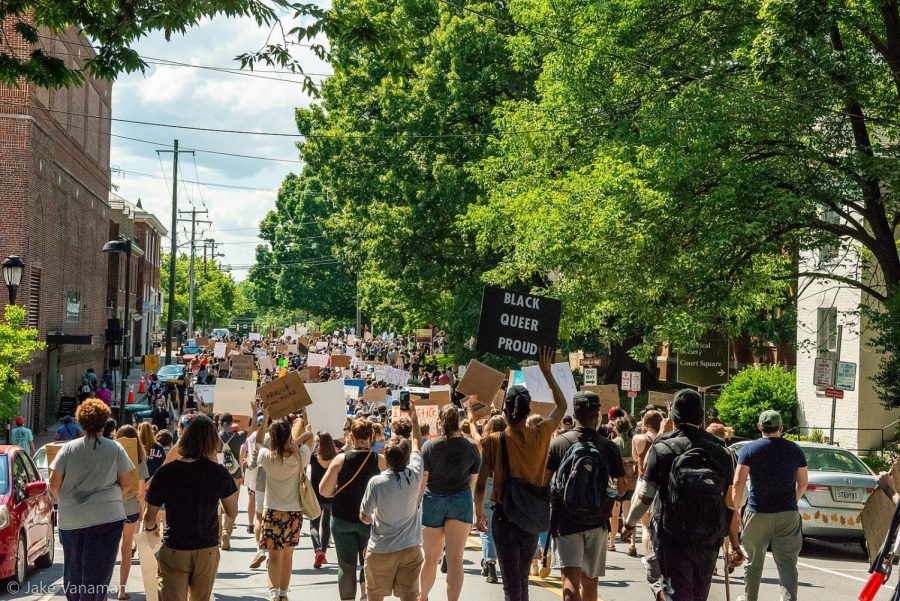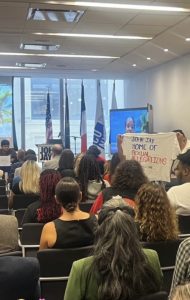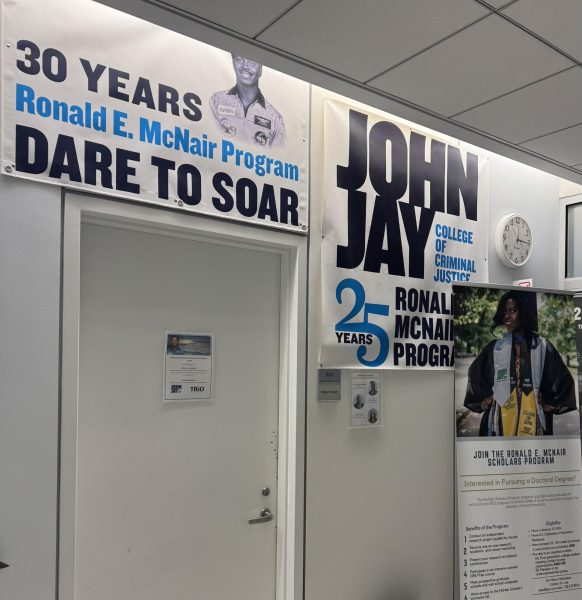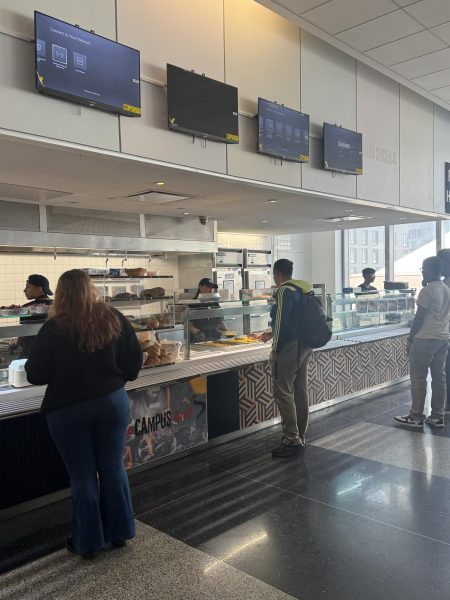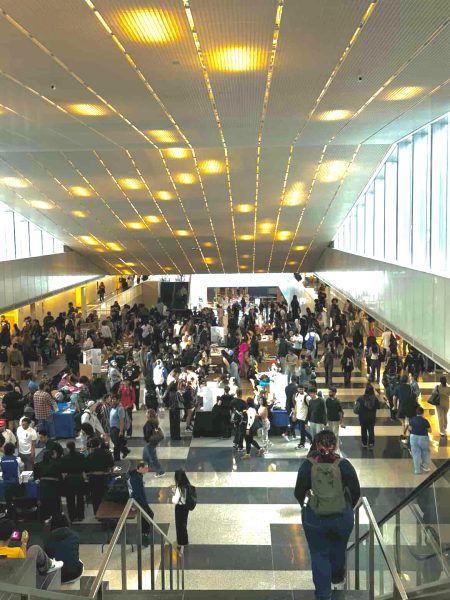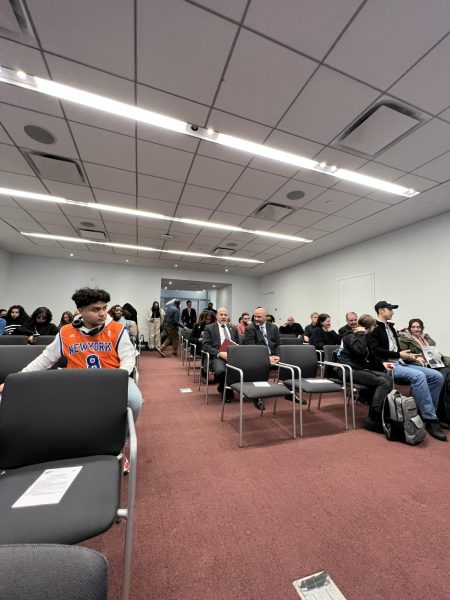Journalism’s Role in Dismantling Systems of Racism
5.30.20- BLM Protests in Virginia
July 16, 2020
For the past couple of months, the United States has been on the frontlines of elevated racial unrest.
In the midst of a pandemic and social turmoil, there has been a focus on the type of coverage that news organizations are responsible for. Specifically, there has been a debate on the exclusion of racial topics and the biases of majority white workplaces.
On Monday, June 15, the Knight Foundation hosted a webinar addressing systemic racism in journalism.The panelists on the webinar included Mark Reynolds, Mitra Kalita and Sara Lomax Reese.
The conversation was started by Reynolds, Co-Executive Director of the Maynard Institute. The Maynard Institute is known for pushing forward inclusive newsrooms and diversifying news outlets as a way to effectively articulate the unrest that people of color have gone through after the civil rights era.
He stated that “news organizations have been sustainers and facilitators of systemic racism”.
Reynolds goes on to say that news organizations have been responsible for running stories that portray Black and Brown men as aggressors which ultimately changes the perception that society has towards these men.
Reynold believes it is the “generational ambient racism” that fuel these news organizations. In order to see change beyond the newsroom, there needs to be more Black men in positions of power within law enforcement, and more people of color who are editors and producers.
This includes people like Mitra Kalita, Senior Vice President for news, opinion, and programming at CNN Digital. Prior to joining CNN, Mrs. Kalita was the Managing Editor for LA Times and was responsible for implementing innovative ways like black twitter in order to give a voice to marginalized communities.
In the wake of blatant police brutality, her mantra has been to center black voices. She raises the issue on whether there should be a race and identity team to address beats surrounding this issue.
The question that she raises is “Can you be part of the community that you cover as a way to improve coverage?”.
Journalist Sara Lomax-Reese is an African American woman who does just that.
She is the President and CEO of WURD which is the only Black owned talk show radio station in Pennsylvania. Issues surrounding racism, police brutality, healthcare disparities and underfunding of public education are constantly addressed on her show.
These social issues have historically affected low income communities that are usually occupied by people of color. These inequalities have always been apparent and it was not until recently that mainstream media is addressing the reality that African Americans have to deal with.
It has become apparent that the Black community has not had their voices heard by mainstream media and news outlets. In order to bridge the gap, changes in all levels need to be implemented.


